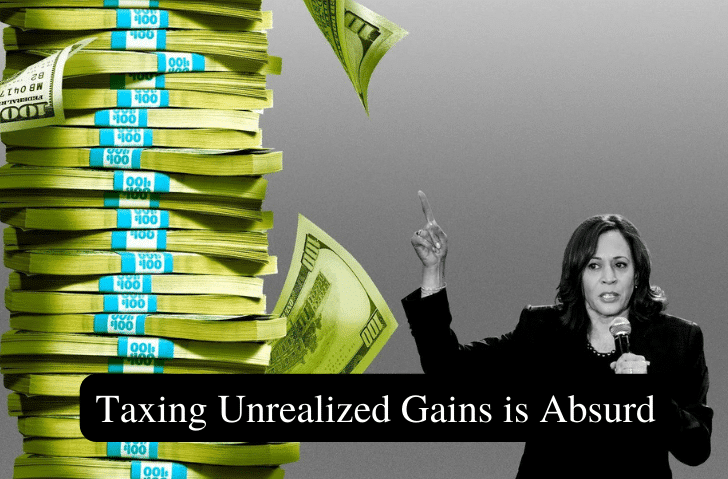Life still happens in retirement and at some point you will need a newer car. When deciding whether to buy a new or used car, it’s essential to weigh the pros and cons of each. Let’s break down the key factors: Read More


Life still happens in retirement and at some point you will need a newer car. When deciding whether to buy a new or used car, it’s essential to weigh the pros and cons of each. Let’s break down the key factors: Read More

Retirement is a significant life transition, not just financially but emotionally and relationally. While many couples eagerly plan their golden years together, one question often goes unasked: Are both partners ready to retire at the same time? Read More

There has been increasing talk of taxing unrealized capital gains, especially targeting individuals with assets over $100 million. While this might sound like a good way to ensure the ultra-wealthy pay their “fair share,” there are significant downsides to this approach. Lets explore three reasons why taxing unrealized gains is wrong and how it could eventually affect everyday investors if the policy trickles down. Read More